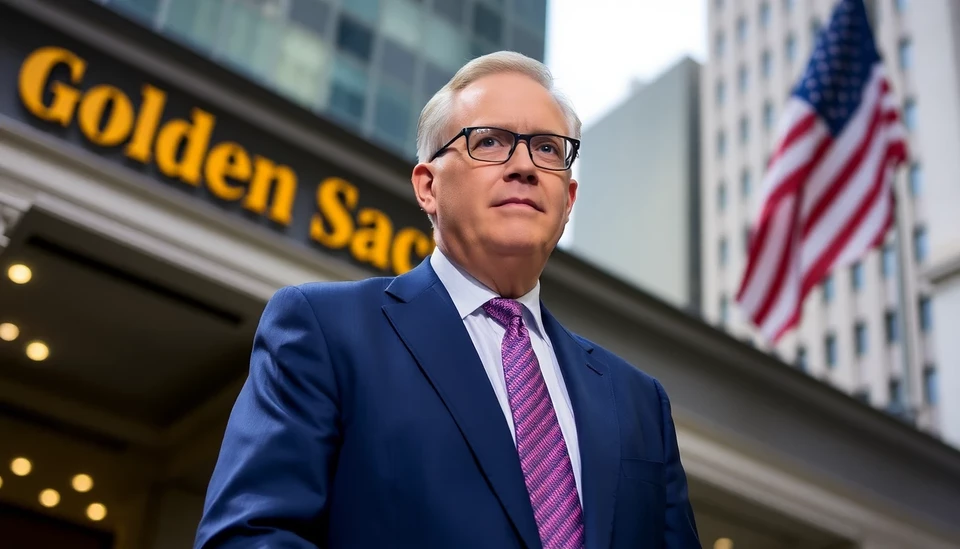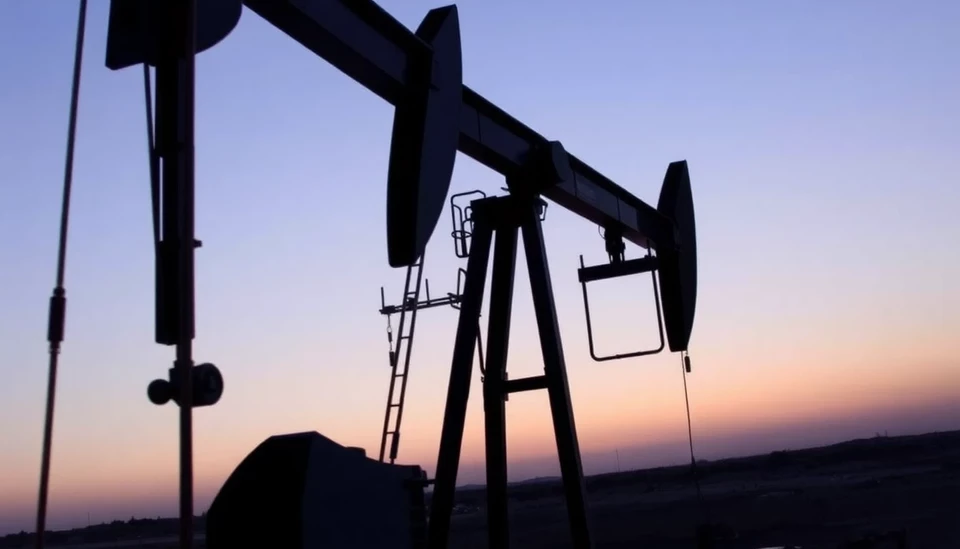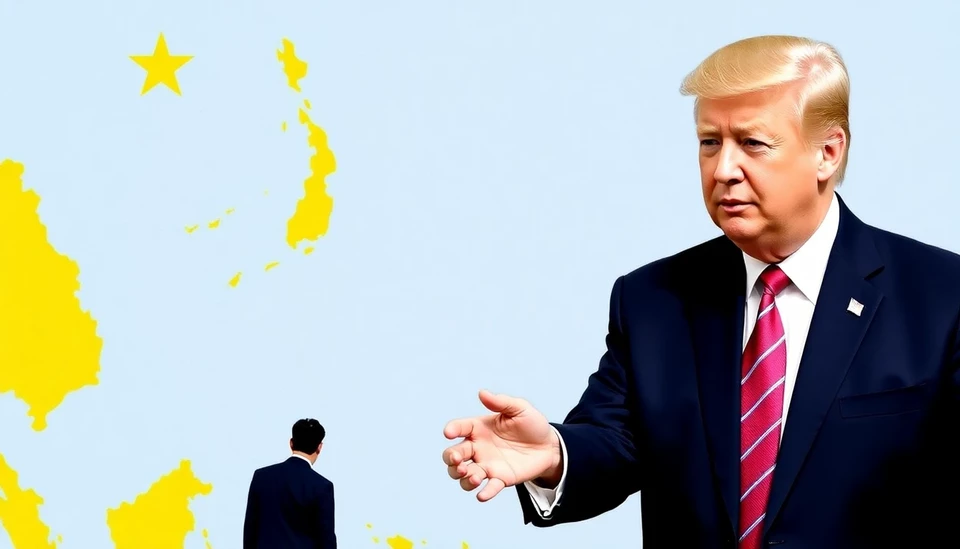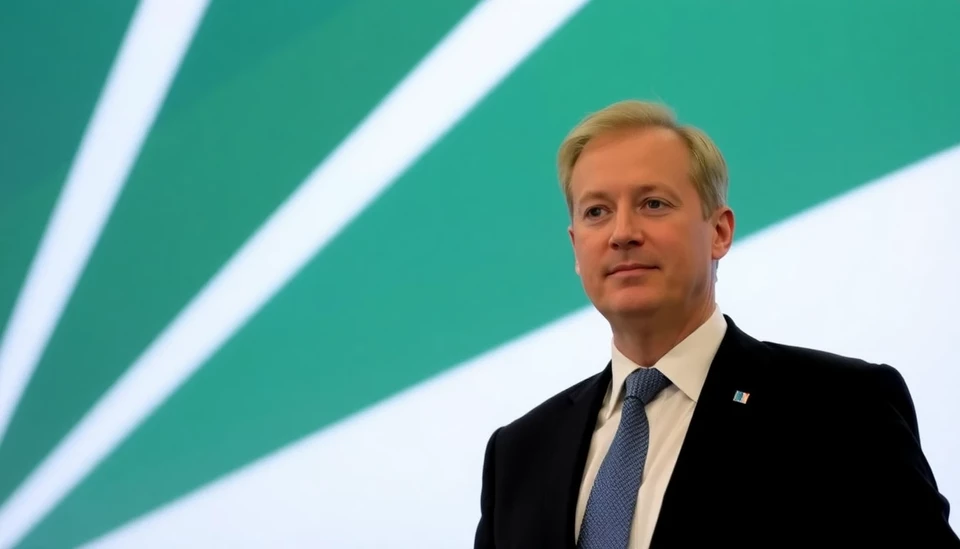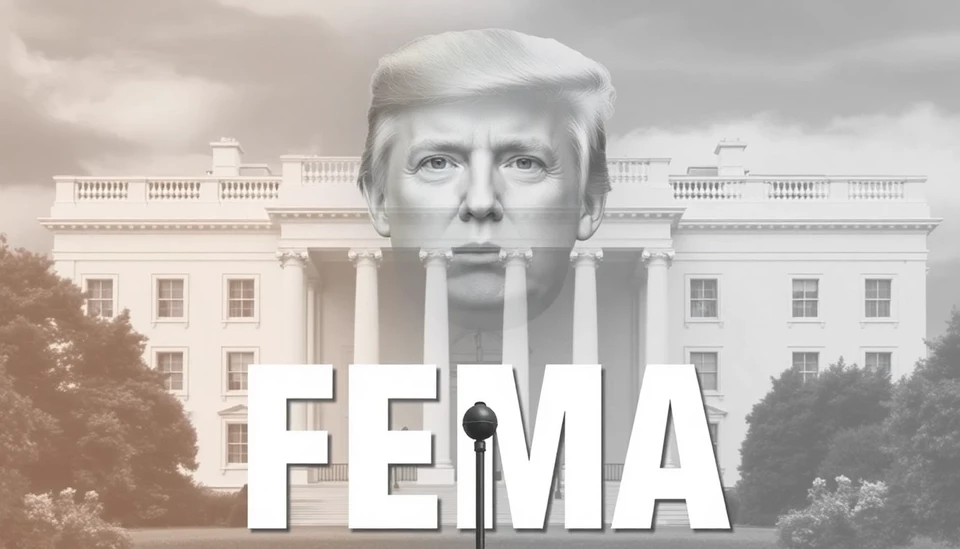
In a striking turn within the political landscape, former President Donald Trump has called for the complete abolition of the Federal Emergency Management Agency (FEMA). During a recent rally in Florida, Trump emphasized that he believes emergency management should be handled at the local and state levels rather than by the federal government. This proposal is part of a broader ideological battle against federal overreach, which Trump has championed as central to his political platform.
The former president's declaration garnered significant attention, as FEMA has been a pivotal agency in coordinating responses to natural disasters across the United States. Critics of the agency's performance during various emergencies, including hurricanes and wildfires, have fueled a narrative that aligns with Trump’s call for decentralizing emergency response efforts.
Trump’s anti-FEMA stance comes in response to perceived inefficiencies and bureaucratic challenges tied to federal intervention. He argued that local governments are better positioned to assess and respond to their unique disaster management needs. This emphasis on local control resonates with many Republican constituents who prioritize state autonomy over federal control.
In addition to calling for FEMA's abolition, Trump voiced ambitions to upscale efforts aimed at challenging federal authority on multiple fronts. By advocating for the reduction of federal agencies and programs, he positions himself as a champion of grassroots governance. This rhetoric not only seeks to mobilize local support but also aims to challenge the legitimacy of federal regulation in various sectors, including education and healthcare.
During his address, Trump reiterated themes of personal freedom and governmental restraint, framing his proposals against the backdrop of an overarching campaign against what he describes as a “federal government that has overstepped its bounds.” His supporters view these calls as a rallying point for a larger movement towards slashing federal spending and reducing the size of government.
The implications of Trump's statements are significant as they speak to a broader trend in American politics favoring limited government intervention. The former president’s stance could pose challenges to the current administration's strategies on disaster response, especially in the wake of climate change-induced natural disasters that have increased in frequency and severity.
As the political narrative shifts towards a more localized governance framework, the debate surrounding FEMA and federal agencies is expected to intensify. Political analysts suggest that Trump’s proposals may invigorate his base ahead of the upcoming elections, positioning him as a pivotal figure in the fight against federal authority.
The potential ramifications of these proposals are under scrutiny, as local governments would now need to navigate the financial and logistical challenges posed by taking on the responsibilities previously managed by FEMA. This could lead to significant disparities in disaster preparedness and recovery efforts across the country, depending on the local administration's capacity and resources.
Trump's bold statements have sparked both support and opposition from various quarters. Advocates argue that a reduced federal footprint can lead to innovative solutions tailored to local needs, while detractors warn of the dangers posed by lacking a robust federal emergency response framework, especially in times of widespread crisis.
As the dialogue surrounding Trump's proposals continues to evolve, it will be crucial to watch how this issue unfolds in the lead-up to the next election cycle and how it may shape policy discussions regarding disaster management and federalism across the United States.
#Trump2024 #FEMA #Federalism #DisasterResponse #LocalGovernance
Author: Sophie Bennett
